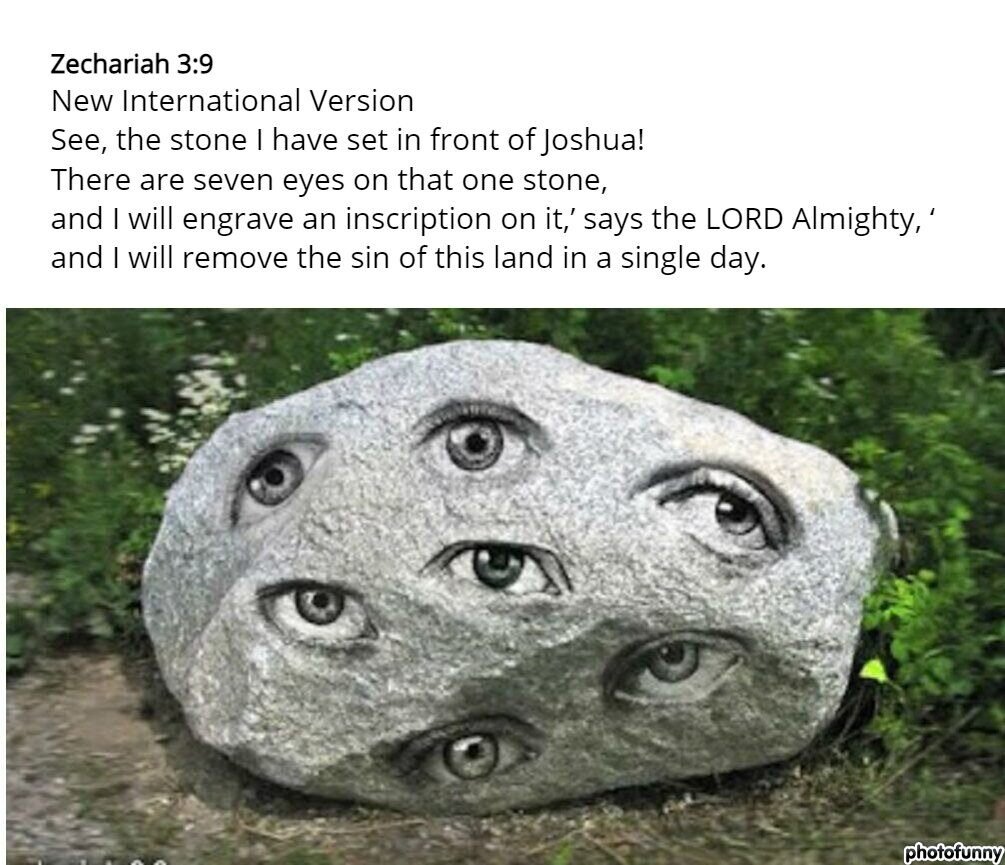F𝐨𝐫 𝐍𝐨𝐧-𝐂𝐡𝐫𝐢𝐬𝐭𝐢𝐚𝐧 𝐭𝐞𝐚𝐬𝐢𝐧𝐠 𝐌𝐮𝐬𝐥𝐢𝐦𝐬 𝐰𝐢𝐭𝐡 𝐭𝐡𝐞 𝐁𝐥𝐚𝐜𝐤-𝐒𝐭𝐨𝐧𝐞 𝐬𝐡𝐚𝐫𝐞 𝐭𝐡𝐢𝐬

𝐌𝐞𝐜𝐜𝐚 𝐄𝐱𝐢𝐬𝐭𝐞𝐝 𝐛𝐞𝐟𝐨𝐫𝐞 𝐂𝐡𝐫𝐢𝐬𝐭𝐢𝐚𝐧𝐢𝐭𝐲
They say that the history of Arabia has no evidence for the existence of Makkah before the advent of Christianity.In fact, there are references to the city and sanctuary of Makkah even in the Old Testament.
But in the following lines I will not bask upon references from the Bible but instead share a secular historical evidence to refute the lie.Diodorus Siculus, a first century B.C. Greek historian while discussing Arabia writes.
“The people that inhabit these parts are called Bizomenians and live upon wild beasts taken in hunting. Here is a sacred temple in high veneration among all the Arabians.” (The Historical Library of the Diodorus the Sicilian,
Translated by G. Booth, Esq., J. Davis Military Chronicle Office, London 1814 vol.1 p.184)This certainly is a reference to Makkah. Georgi Zaidan (d. 1914 C.E.), a Christian Arab from Beirut writes in his book Al- ‘Arab Qabl al-Islam (Arabs before Islam).
“There is no mention of Makkah or Ka’ba in the books of the Greeks of antiquity except what is found in the book of Diodorus Siculus of the first century before Christ in his discussion about the Nabateans. In that he refers to Makkah and he writes, ‘And beyond the land of the Nabateans is the region of Bizomenians.
And there is a sacred temple in high veneration among all the Arabs.’”And he does not just stop here, he even explains as to whom Diodorus refers to by using the word, “Bizomenians.” He writes (Arabic wording is given in the image above).
“As to the ‘Bizomenians’; sometimes by it are intended the Jurhamites or other Arabian tribes who were the custodians of Makkah.” (Al-‘Arab Qabl al-Islam, Al-Hilal publishers Cairo, second ed. vol.1 p.244)So, we find a Christian testifying for and expounding historical evidence for Makkah from pre-Christian times.
Similarly, another Arab Christian, Jesuit Louis Cheikho (d. 1927 C.E.) in his work titled, ‘al-Nasaraniyah wa adaabuha bayn ‘Arab al-Jahaliyyah’ (The Christianity and Its Literature amongst the Arabs of Pre-Islamic Times) also refers to the same quotation from Diodorus Siculus and takes it like Zaidan.
(See al-Nasaraniyah wa adaabuha bayn ‘Arab al-Jahaliyya, Darul Mashriq, Beirut second ed. 1989 p.14)
Hopefully, objective readers will find this piece useful. So, it’s a clear fact that Muslims do not worship the stone, but we are following our prophet peace be upon him who said that stone will be a witness on the day of Judgement.